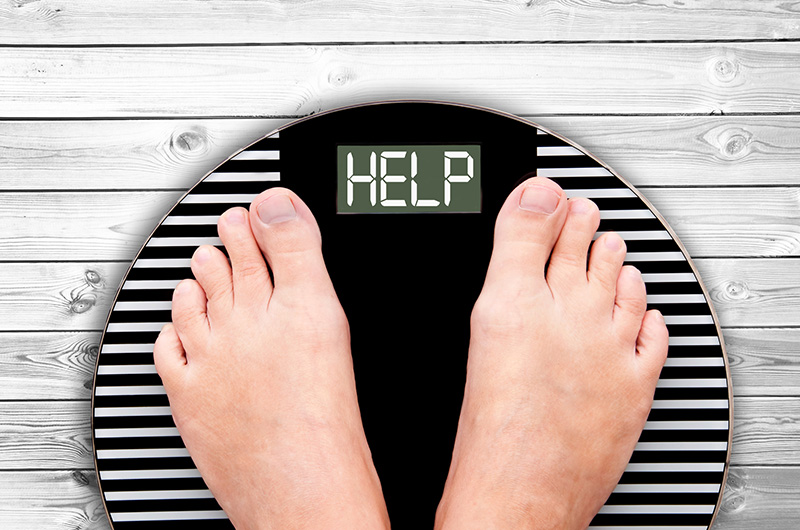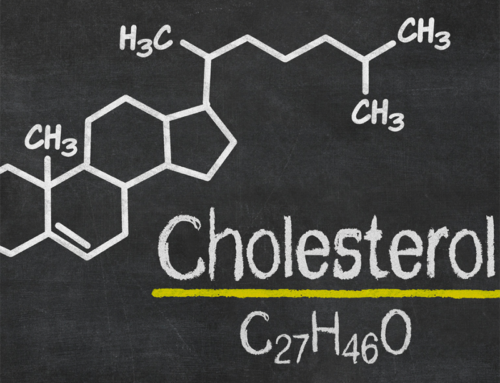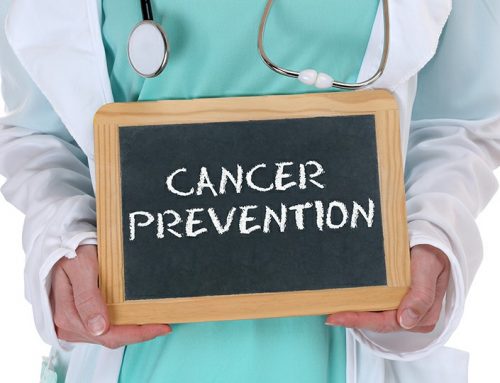I’ve been loving the NBC-TV television hit This is Us for many reasons, including its honest and empathetic portrait of one of the central characters in the show who happens to be obese.
But let me be clear that this is not a column on This is Us. It’s a column about something that happened in the show that tells us a lot about the way we think about obesity.
And that’s really what I want to talk about.
If you haven’t seen This is Us, it’s about three siblings (triplets, actually) in their mid-30’s, one of whom, Kate, is overweight. OK, let’s not mince words, she’s obese. Doctors would probably classify her as “morbidly obese” except there is absolutely nothing morbid about Kate, especially as played by the wonderful Chrissy Metz who in my humble opinion is one of the most beautiful women on television, but that’s not really the point, now, is it?
What’s is the point is the episode in which Kate goes to “fat camp”.
When she signs up for it, she’s expecting a “fat camp” a la Biggest Loser. But the fat camp she arrives at is anything but what she expected. There’s no boot-camp style exercising, no drill sergeants, no fat shaming, no food police, none of it. No, this “fat camp” more resembles an Esalen-style retreat, where people sit in circles, get in touch with their feelings, explore their “real” relationship with food, and find out why they have the need to be fat.
Which might almost sound pretty cool, right?
It’s not.
It’s bullshit.
What’s more, it perpetuates a widely held misconception about obesity the destructiveness of which we are just beginning to appreciate.
Let me explain.
Suppose instead of fat camp, Kate went to “diabetes camp”, or “cancer camp”. What would you think of a group of diabetics sitting around in a room 12-step style talking about their feelings about diabetes, and their relationship to insulin? We think that notion is ridiculous because everyone knows that diabetes is a metabolic disorder that needs a medical intervention, not group therapy. Or at least, not just group therapy. No one expects a support group to affect your A1c blood test.
While people certainly have feelings about having diabetes and could certainly discuss them productively in a support group, the notion that you can cure diabetes by talking about it is pretty ridiculous.
“As a diabetic… not to mention a physician… I would no more think that I could treat my disease by sitting around in a room with other diabetics and commiserating about our problems than thinking I could cure it by eating a diet of only chocolate cake”, writes Akikur Mohammad, MD, author of the excellent book, The Anatomy of Addiction.
Dr. Mohammad would probably not agree with the point of view on display at Kate’s fat camp. There, a counselor tells Kate that she’s going to get to the core of her relationship with food. Kate takes part in drum workshops, group therapy, personal growth exercises, mindfulness training—all wonderful things that might well be expected to help one live a better life in general, but that have next to nothing to do with the real causes of obesity.
And therein lies the problem.
The fat camp portrayed on This is Us perpetuates the notion that obesity is about self-control. Its philosophy is deeply rooted in the notion that obesity is about calories and exercise, self-denial and discipline. You know the talking points, you’ve heard them a million times—fat people are fat because they eat too much and don’t put in enough time on the treadmill.
But what if we got it backwards?
What if fat people aren’t fat because they eat too much? What if they eat too much because they’re fat? What if not exercising is a result of being obese, rather than a cause of it?
This is precisely the counter-intuitive theory put forth for the past decade by the award-winning science journalist and researcher, Gary Taubes. In his books, Why We Get Fat and more recently, The Case Against Sugar, Taubes argues that obesity is a metabolic dysfunction, not a failure of will power. Obesity, says Taubes, citing persuasive research, creates a metabolic situation in which hormones literally compel you to eat. The energy-producing mitochondria in your cells are exhausted and overwhelmed with toxins and sugar, making exercise a truly horrific experience. It is as foolish—and cruel—to blame the victim of such metabolic dysregulation for their condition as it would to blame diabetics for theirs.
I believe we’re going to be seeing a lot of research in the near future testing this very different—and compelling- view of obesity.
Look, obesity is one of the most baffling diseases on the planet. Really. Talk to smart, experienced obesity researchers who’ve been studying this thing for two decades and they’ll be the first to tell you they haven’t begun to figure it out yet.
To make matters worse, obesity is a multi-factorial, multi-determined condition that can be “caused” by any number of events or conditions, and usually is caused by a number of them. Clinicians have seen cases of obesity caused by everything from hormonal malfunction to sexual trauma. Sometimes people hold on to weight as a defense against unwanted attention. Sometimes it’s caused by food allergies, inflammation, and stress. Sometimes it’s too much sugar, others it’s a malfunctioning thyroid.
So we never want to diminish the honest, earnest, deeply courageous kind of work Kate expects to do in her fat camp. It’s always good to know yourself better, to understand your relationship with food, with your body, with your body image, and with the world in general. It’s always admirable to take as much responsibility for your life as you can and to become wiser and more mindful about what you do, including your eating. This is exactly what my good friends Marc David and Emily Rosen are up to at the Institute for the Psychology of Eating.
But the fact that those who struggle with weight can—like most people—benefit from a deeper understanding of themselves should not blind us to the fact that obesity has real metabolic causes and real metabolic consequences.
And hopefully, one day, real metabolic solutions.
Which will likely not include drum circles.
No one decides to be obese. No one wants it. No one signs on to be part of the only minority in America that late-night comedians can still make fun of without fear of censure.
And as long as we go on thinking of obese people as unenlightened, unmotivated sloths who simply can’t control their eating and are too lazy to get on a treadmill, we’ll be perpetuating one of the nastiest myths in health, one that truly blames the victim and ignores the real causes of their suffering.














Leave A Comment